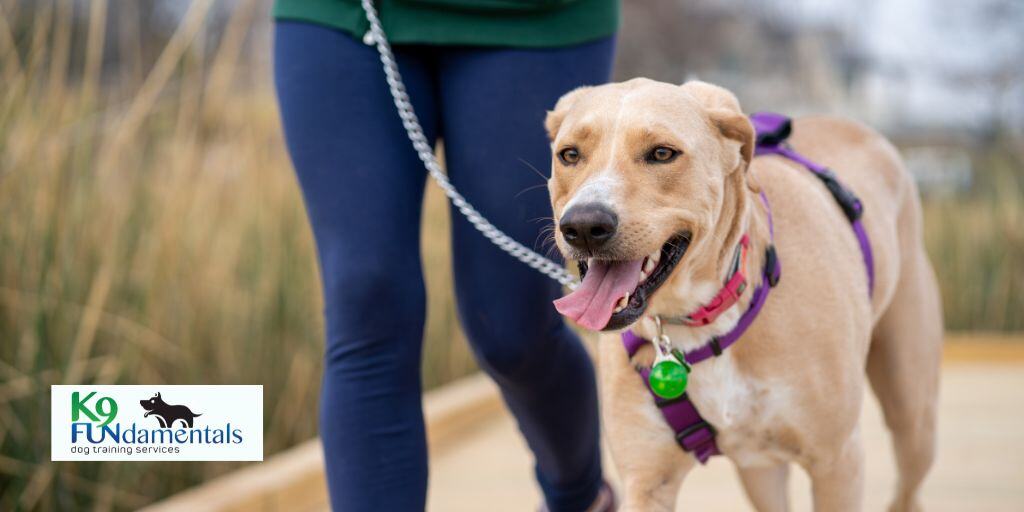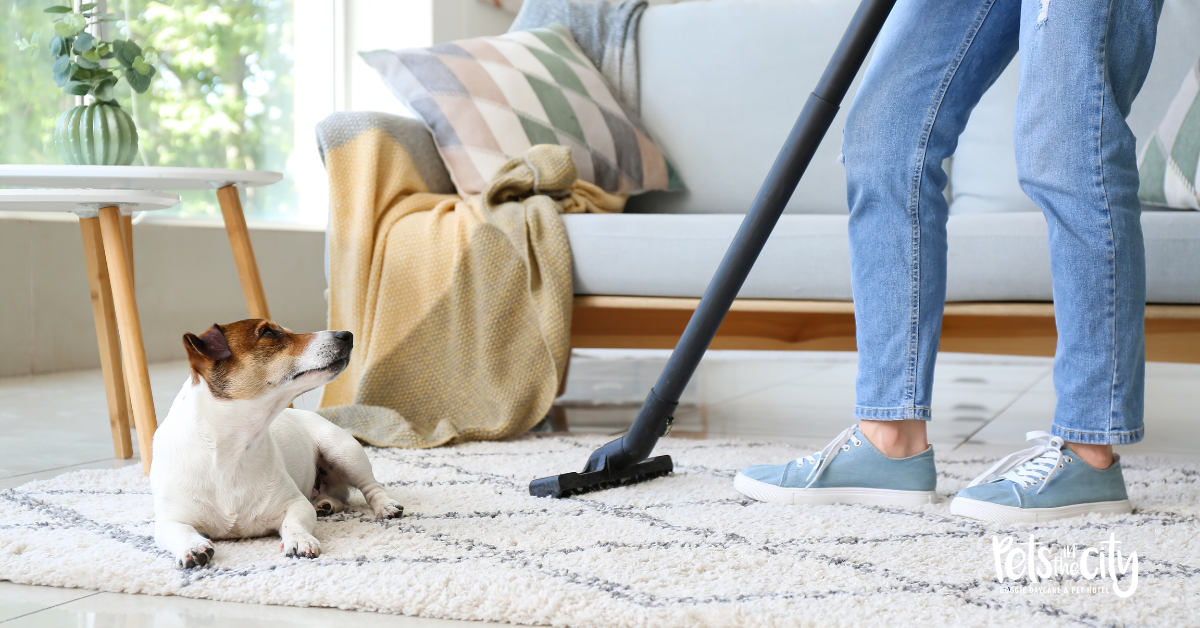Is dog day care actually worth the cost? What do dogs get out of it?
If you’re an Auckland dog parent weighing up day care costs, you’re not alone. Busy workdays, winter darkness, and travel plans can leave even the...
3 min read
Fiona Sarten, K9 FUNdamentals : 4/12/2024 9:42:04 AM

As dog trainers, we often come across owners of female dogs that haven't been desexed. This could be due to age, medical requirement, future breeding or that they just can't afford it at the moment. If you are an owner of a female dog that hasn't been desexed, are you aware of your responsibilities when your dog is in season?
Auckland Council Guidelines
The Auckland Council Dog Management Bylaw 2019 outlines your responsibilities as an owner and specifically state . The Bylaw:
As trainers, when we educate owners of females dogs around this Bylaw, we are often asked "why?". So, lets have a deeper dive into the "why".
When a female dog is in season, she is at the peak of her fertility and emits hormones that signal to male dogs that she is ready to mate. These hormones are powerful, and male dogs can detect them from miles away. This means that if you take her into a public area, such as a park or busy street, you’re likely to encounter an overwhelming number of male dogs showing intense interest.
This sudden surge of attention can be stressful for both your dog and the male dogs involved (not to mention the owner of the male dog who may be wondering why their dog's behaviour has just changed). Male dogs may become overly persistent, which could result in aggressive behaviour, fights, or a difficult situation to control.
As mentioned, male dogs can become very eager when they sense a female in heat. If they start to compete for her attention, it can lead to aggressive behaviour or territorial disputes. Even the most well-behaved dog can act unpredictably in this situation, and it may be hard for you to maintain control of the situation.
Additionally, your female dog might become defensive, annoyed, or stressed by the attention, leading to her own bouts of aggression. In public spaces where you can’t predict how other dogs will behave, the risk of a dangerous confrontation rises.
During her season, your female dog is more vulnerable, both physically and emotionally. She may try to escape or wander off to find a mate. If you’re in a busy area with traffic or other potential hazards, she could easily get lost or injured while attempting to flee the attention of male dogs.
In addition, the stress of being surrounded by multiple males can be overwhelming. Some female dogs may even try to bolt from the area, and if she’s off-lead, there’s a greater risk of her running into trouble.
A female dog in season will often have some bleeding, and while it’s a natural part of her reproductive cycle, it can be messy and may not be something you want to deal with in a public space. Many owners opt to use special hygiene products like dog diapers or pads to manage the situation, but in public spaces, it may still be hard to prevent these issues. There’s also a risk of your dog attracting unwanted attention or becoming uncomfortable from being in an unfamiliar or unsanitary environment.
Not all dog owners are comfortable with dogs in season. Some may have male dogs that they are trying to prevent from mating, and they may not appreciate a female in heat entering a shared space. It’s important to be considerate of other dog owners and respect their boundaries as well.
Instead of bringing your female dog into public places during her season, there are ways to manage her needs at home. Create a comfortable, quiet space where she can relax without the pressure of male dogs nearby. Ensure she gets plenty of exercise and mental stimulation or fun training games in a safe environment, such as your backyard or house.
A female dog typically goes into season about twice a year, each cycle lasting anywhere from two to four weeks. If your dog is showing signs of being in heat, which include frequent urination, changes in behavior, and a swollen vulva, it’s time to keep her away from public spaces.
Even after the bleeding stops, it's a good idea to wait a little longer before taking her into busy public areas, as the scent of her hormones may still attract male dogs for some time.
If you are unsure about when your dog is in season, please chat with your vet.
About Fiona:
Fiona is a certified dog trainer with a passion for animals. She holds several qualifications, including a Canine Behaviour and Training Certificate, a Pet First Aid Certification, an online Puppy Trainer Certification, and a Certificate in Companion Animals. Previously, she worked in senior positions in change management, sales, and continuous improvement. Fiona is now a co-owner of K9 FUNdamentals, where she applies her passion for positive outcomes to create memorable experiences for your furry family members. To learn more, visit https://www.k9fundamentals.co.nz

If you’re an Auckland dog parent weighing up day care costs, you’re not alone. Busy workdays, winter darkness, and travel plans can leave even the...

Your complete Auckland-proof plan for turning Guy Fawkes from "Boom-pocalypse" to "Bunker-and-Chill" Why Your Dog Thinks the Sky is Falling (And Why...

If you’ve just welcomed a new pup into your Auckland home, you’ve probably heard that “socialisation is everything.” But what does that really mean,...